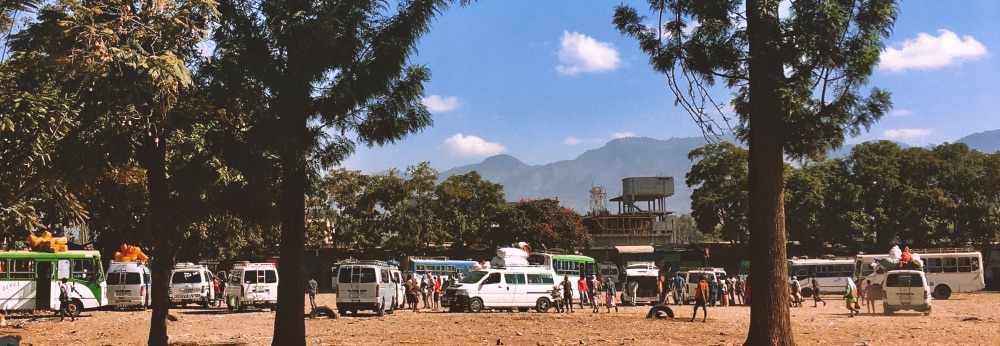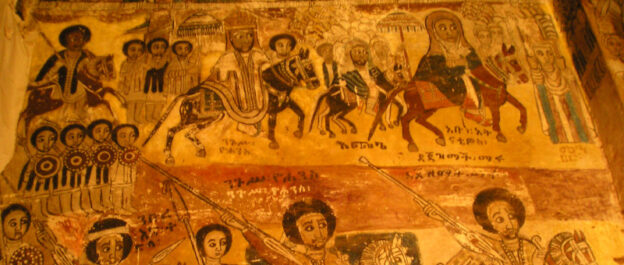Robert Kluijver
17. January 2023, 18:00
It is often observed that while externally supported state-building efforts in Somalia since the collapse of the Somali state in 1991 have been marked by failure or disappointing results, Somali society has not fared so badly. The experience of Somaliland, where peace was established by clan elders, permitting the development of effective contemporary state structures, was replicated in Puntland and in many other local settlements throughout Somalia, leading to a form of political order based largely on self-governance.
An academic investigation of this political order, often characterized as ‘hybrid’, is impeded by the nearly complete absence in political theory of the concept of self-governance, especially in stateless (or ineffective state) environments. In theories about ‘hybrid political order’ it is often assumed that they combine ‘traditional authorities’ within modern state structures; however these ‘traditional authorities’ are barely examined; some kind of primordial hierarchy is usually assumed.
In my presentation I unravel the ‘hybrid political order’ into its two components: social power based on self-governance, and state power, examining the former at length. This leads me to postulate what I call a ‘Dual Power Theory’. This presentation and the following discussion are based on the Somali context, from ancient Somali history through the experience of the effective Somali state (1960-1990) to Al Shabaab, the Federal Government and Somaliland today. If this conceptualization of self-governance and its rapport with state power provides a convincing key to understand Somali politics today, the Dual Power Theory may also help understand the failures of state-building initiatives elsewhere, as well as issues of political order in the contemporary world more generally.
Robert Kluijver is a PhD candidate who submitted his thesis, “The State in Somalia: Between Self- Governance and International Order”, to the Doctoral School of Sciences Po in Paris in the field of International Relations. It will be defended on 26 January 2023. Kluijver has been lecturing at Sciences Po since 2010, and given guest lectures abroad (Puntland State University, Somali International University, Hargeisa University, ETH Zurich, The Hague Institute for Social Studies). He has worked in ‘post-conflict’ settings in the Central Asia/Middle East/Horn of Africa region as international consultant since 1997, specializing in cultural development, besides working as a curator with contemporary artists and art organizations from the same region.
Registration by email.


